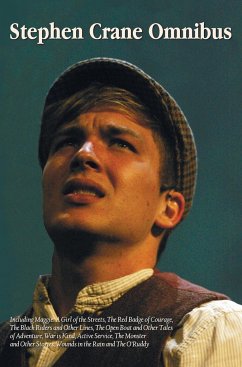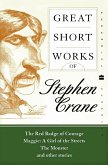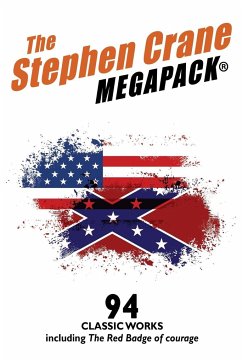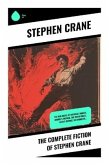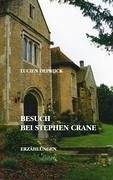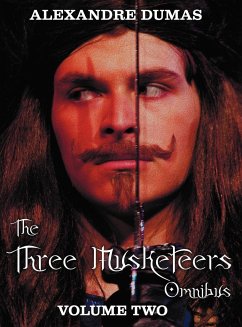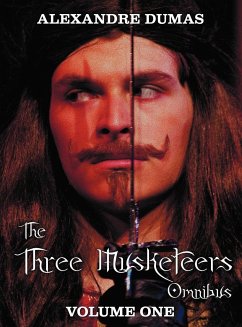Stephen Crane (1871-1900) was an American novelist, poet and journalist. He is best known for his novel Red Badge of Courage (1895). His prose is highly original, a mix of impressionism, naturalism and symbolism. Maggie: A Girl of the Streets (1893) In 1892 Stephen Crane published Maggie, Girl of the Streets at his own expense. It was a failure, considered to be immature. But more recently it has been considered to be one of the earliest American realistic novels, written with the same vividness as Crane's masterpiece - The Red Badge of Courage. Maggie is the story of a pretty girl who "blossomed in a mud puddle", was driven to prostitution, and killed herself while she was still a teenager. It is a milestone in uncompromising realism and in the early development of literary naturalism. The Red Badge of Courage (1895) Crane was then inspired to write his second novel - The Red Badge of Courage. He was tired of dryly written war stories and wondered what the men actually felt during the famous battles. The story follows 18 year old private Henry Fleming as he battles to survive, copes with guilt and eventually becomes a courageous fighter. The Black Riders and Other Lines (1895) Crane's poetry, which he called 'lines' rather than poems, was as strickingly new as his prose. It has a minimalist meter and rhyme and employs symbolic imagery to articulate irony and paradox. The Open Boat and Other Tales of Adventure (1898) Crane became shipwrecked in route to Cuba in early 1897, an experience which he transformed into his vivid short story masterpiece, The Open Boat. War is Kind (1899) War is Kind, contains more of Crane's poetry, in free verse without rhyme, meter, or even titles. The poems are typically short in length and although some poems, such as use stanzas and refrains, most do not. Crane was strikingly different to his peers because he allegory, dialectic and narrative situations. Active Service (1899) The hero of the story, Rufus Coleman, wishes to marry Marjory, the daughter of a professor. The father disapproves and drags his daughter off on a summer tour of Greece with a group of his students, only for a war to suddenly break out between Turkey and Greece. Rufus is determined to safe the group and to redeem himself in the eyes of the professor. The Monster and Other Stories (1899) These stories are considered by some to be Crane's greatest writings: - The Monster (1898) is about an African-American coachman who is considered to be a 'monster' after being horribly disfigured as a result of saving his master's son from a fire. The themes of prejudice, fear and isolation in small town America are explored. - The Blue Hotel (1898) is a story about a man who gets into trouble after staying at a hotel. - His New Mittens (1899) is a lovely tale of a boy's attempt to run away from home after his mother stops him from playing snowballs in his new mittens. Wounds in the Rain (1900) This is an excellent collection of stories, mostly told from the perspective of a correspondent reporting on the Cuban war of independence. They are moving, funny, and grim, relaying the horror of war but not in a heavy-handed way. The O'Ruddy (1903) This is Crane's final work, a romance, left unfinished at his death and completed by Robert Barr.

